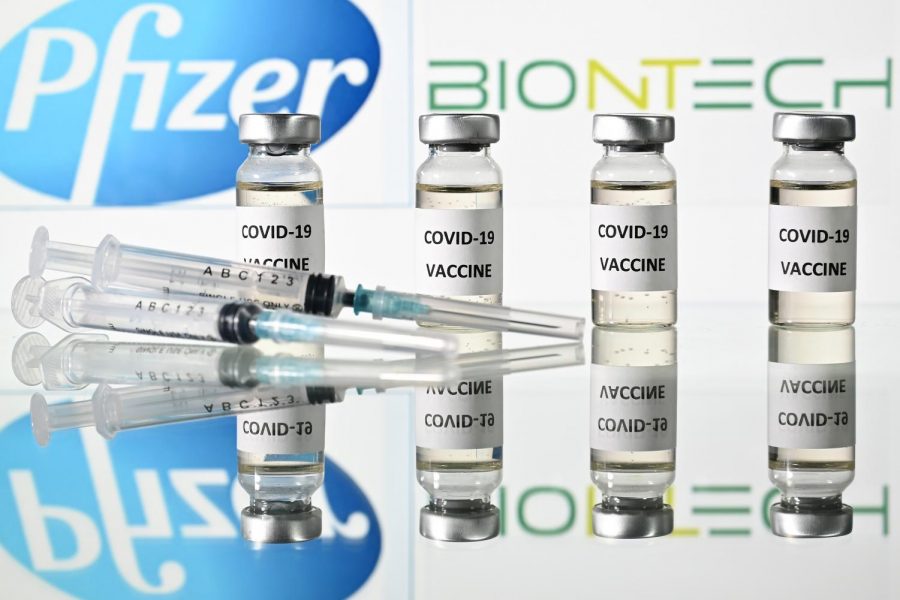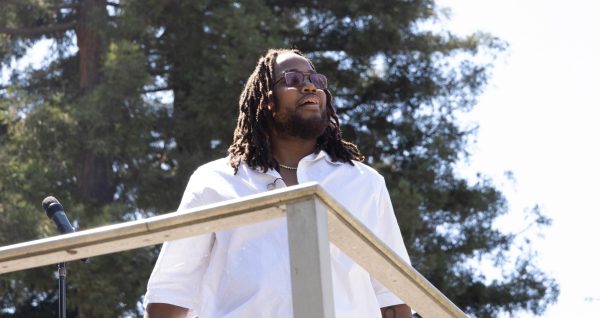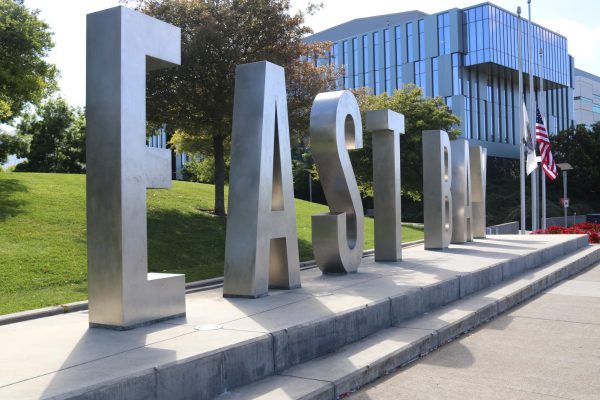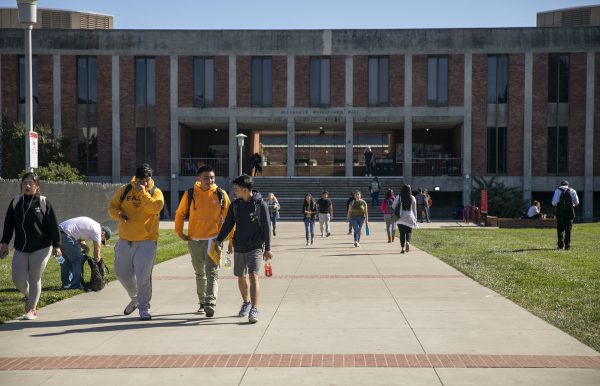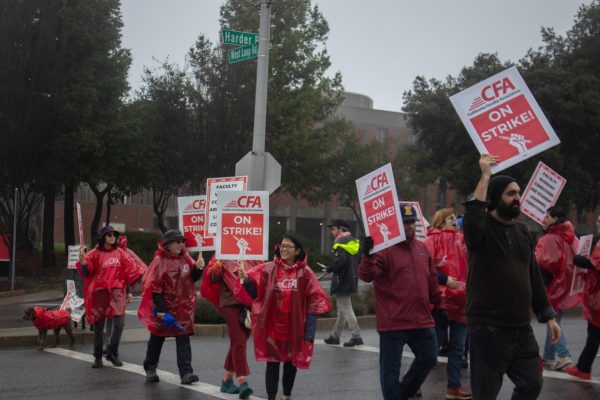Pfizer Reaches Full FDA Approval: What Does This Mean for CSUEB Community?
September 8, 2021
The FDA granted full approval of the Pfizer-BioNTech vaccine, raising a number of questions and concerns from students on either side of the COVID-19 vaccine debate
As the first COVID-19 vaccination to reach approval in the U.S., the Pfizer-BioNTech vaccine is making headlines. Now with the Food and Drug Administration’s (FDA) full approval on Aug. 23, there are a number of questions that remain, particularly among communities with lingering hesitancy towards the COVID-19 vaccines.
COVID-19 vaccinations began to roll out in the U.S., immediately prompting debate in January. The divide among citizens lies within the issue of freedom of choice versus public health ethics. The recent FDA approval of Pfizer further fueled the fire under controversy.
In granting the Pfizer-BioNTech COVID-19 vaccine full approval, the extent of its mandates expanded. As for the legal difference between emergency use and full approval, now that the FDA has given Pfizer the green light, it is legal for both private and public institutions to require their employees and customers to be vaccinated and wear masks. Although many companies and establishments have already begun to implement similar requirements, the FDA’s approval was the final step towards legal regulation.
Dr. Lindsey Grubbs, professor in the Department of Public Health at California State University, East Bay, said the transition from emergency use to full approval, “doesn’t necessarily mean they are seeing something new or different in the data, it just gives us real-world data.” In addition, “not only does the approval demonstrate that it worked really well in trials but also out of the tens of thousands of people who have received the vaccine, we know the risk profiles continue to look low and we have more information about possible side effects,” she added.
Whether the FDA’s recent approval eases the minds of vaccine skeptics, the question still remains on whether the approval of Moderna and Johnson&Johnson, will relieve tension within the debate.
Regarding hesitancy towards the COVID-19 vaccines, “everyone has those principles that are important to them and often in health ethics, there is always this element where some people will feel like their rights are being trampled on,” and as a community advocating for public health, “we have to figure out where we draw the line,” Grubbs included.
With full FDA approval, it is likely we will see an uptick in vaccine requirements similar to those at CSUEB. East Bay now requires either proof of vaccination or weekly COVID-19 tests for students attending in-person courses.
Following the announcement in which all 23 CSU campuses implemented a COVID-19 vaccination requirement for the fall 2021 semester, The Pioneer Online released a survey to better understand the perspectives of our CSUEB community regarding the debate on vaccines. Throughout the 700+ responses received, student’s opinions demonstrated the extent to which polarization exists on the issue. While some students feel that the required COVID-19 vaccinations are, “a good strategy to increase herd immunity,” others feel that the decision is, “taking away from the protective rights of students.”
Concerning the controversy that surrounds the vaccine, “although it is nothing new, the debate is now more polarized than some earlier ones, there have always been disagreements around vaccines and vaccine mandates but [in terms of COVID-19] it’s really just the level of anger and fear that seems to be ratcheted up,” Grubbs concluded.
Although the debate remains, the need for ethical respect is increasingly crucial, now more than ever. As a country, we should not determine the level of respect we offer depending on how closely the beliefs of others align with that of ours.




